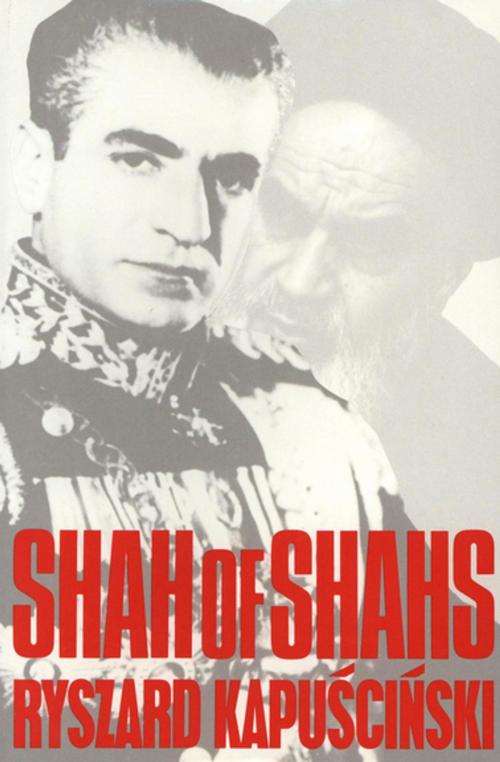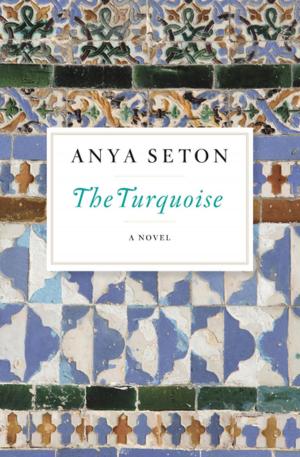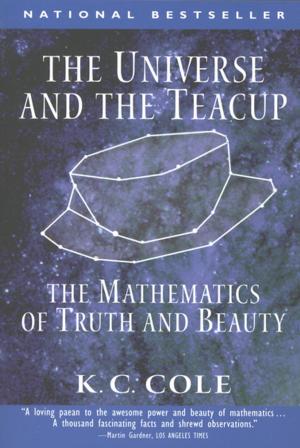Shah of Shahs
Nonfiction, History, Revolutionary, Middle East, Social & Cultural Studies, Political Science, International| Author: | Ryszard Kapuscinski | ISBN: | 9780547544908 |
| Publisher: | Houghton Mifflin Harcourt | Publication: | March 18, 1985 |
| Imprint: | Houghton Mifflin Harcourt | Language: | English |
| Author: | Ryszard Kapuscinski |
| ISBN: | 9780547544908 |
| Publisher: | Houghton Mifflin Harcourt |
| Publication: | March 18, 1985 |
| Imprint: | Houghton Mifflin Harcourt |
| Language: | English |
This journalist’s portrait of life in Iran just after the Revolution is “a book of great economy and power [with] a supreme sense of the absurd” (New Republic).
Iran, 1980: the revolutionaries have taken charge. In a deserted Teheran hotel, Ryszard Kapuściński tries to make journalistic and human sense out of the mass of notes, tapes, and photographs he had accumulated during his extended stay in Iran. Just what happened and how? What did Khomeini have to offer that the Shah, who promised to “create a second America within a generation,” did not? Where did the revolution come from, and where is it going? After all this blood has been spilled, what has it given its people or the world? “We have given [the world] poetry, the miniature, and carpets,” says a rug merchant in Teheran. “We have given the world this miraculous, Unique uselessness.”
Kapuściński tells a rich story that combines factual reporting with his own impressions and reflections. Always engrossing and frequently revelatory, it is a unique portrait of the psychological state of a country in revolution.
This journalist’s portrait of life in Iran just after the Revolution is “a book of great economy and power [with] a supreme sense of the absurd” (New Republic).
Iran, 1980: the revolutionaries have taken charge. In a deserted Teheran hotel, Ryszard Kapuściński tries to make journalistic and human sense out of the mass of notes, tapes, and photographs he had accumulated during his extended stay in Iran. Just what happened and how? What did Khomeini have to offer that the Shah, who promised to “create a second America within a generation,” did not? Where did the revolution come from, and where is it going? After all this blood has been spilled, what has it given its people or the world? “We have given [the world] poetry, the miniature, and carpets,” says a rug merchant in Teheran. “We have given the world this miraculous, Unique uselessness.”
Kapuściński tells a rich story that combines factual reporting with his own impressions and reflections. Always engrossing and frequently revelatory, it is a unique portrait of the psychological state of a country in revolution.















